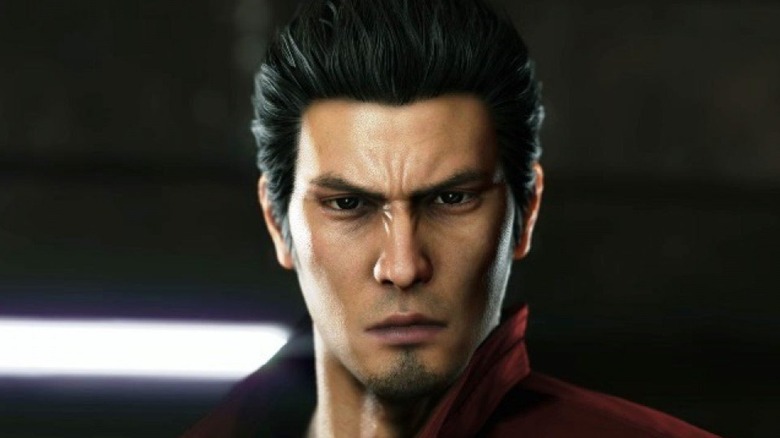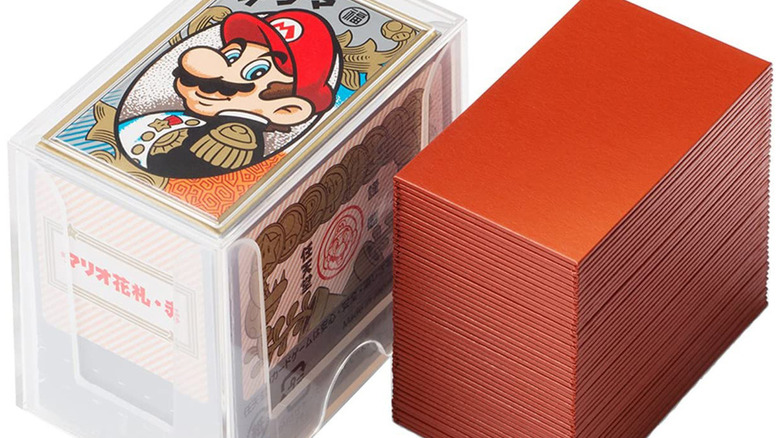Nintendo's New Rule Raises A Lot Of Questions
The court case between Epic Games and Apple is underway, and it's already given gamers a variety of interesting information on the companies' internal proceedings, including Epic's feelings regarding Microsoft's xCloud. However, the oddest bit of company information may have come from Nintendo, which wants everyone to know that it really does not want to take part in organized crime.
The court proceedings got off to an eventful start when someone accidentally unmuted everyone on a call, which Gizmodo reports opened up the floor to a horde of "Fortnite" players. Things only got weirder when Nintendo shared a heavily edited document with the court. The lengthy document, which details how Nintendo does business with developers, has more redacted bits than actual text, but a few details still managed to slip through.
The part that has raised more than a few eyebrows has to do with Nintendo's declaration that it and its developers will not interact with any "anti-social force," or "Boryokudan." In other words, Nintendo wants everyone to know that it won't do business with organized crime families. Sorry, Kazuma Kiryu.
Nintendo's specifications regarding the Yakuza might seem odd to Western readers, but it makes sense considering the company's history with organized crime. That's right, Nintendo has a history that involves those very "anti-social forces" detailed in its court document. Nintendo originally produced a different sort of game, playing cards.
Nintendo's is leaving the past behind
Even way back when playing cards were banned in Japan, as detailed by 99% Invisible, Nintendo's Hanafuda cards remained legal because they weren't numbered. However, Hanafuda cards were also heavily associated with the Yakuza, those "anti-social forces" Nintendo warned everyone about. While Nintendo wasn't necessarily associated with the Yakuza on the inside, Nintendo's Hanafuda cards were used in gambling and other unsavory criminal activities.
Now, Nintendo wants everyone to know that it has well and truly ditched its past criminal associations, and that no one employed by the company can be involved with organized crime. Fans have speculated for years (sometimes jokingly) that other game developers, like Konami, have close ties to organized crime, but there's no proof for any of those theories.
What's more interesting about the lengthy court document is that Nintendo included a clause that explained that developers are not allowed to make "violent demands" or threaten the company, in addition to other violent acts. Fans are left to wonder: did something shady happen in Nintendo's past to instigate the creation of these rules, or is Nintendo just thinking ahead? Considering how secretive Nintendo's court document was, it's unlikely gamers will ever get a solid answer to that question.


